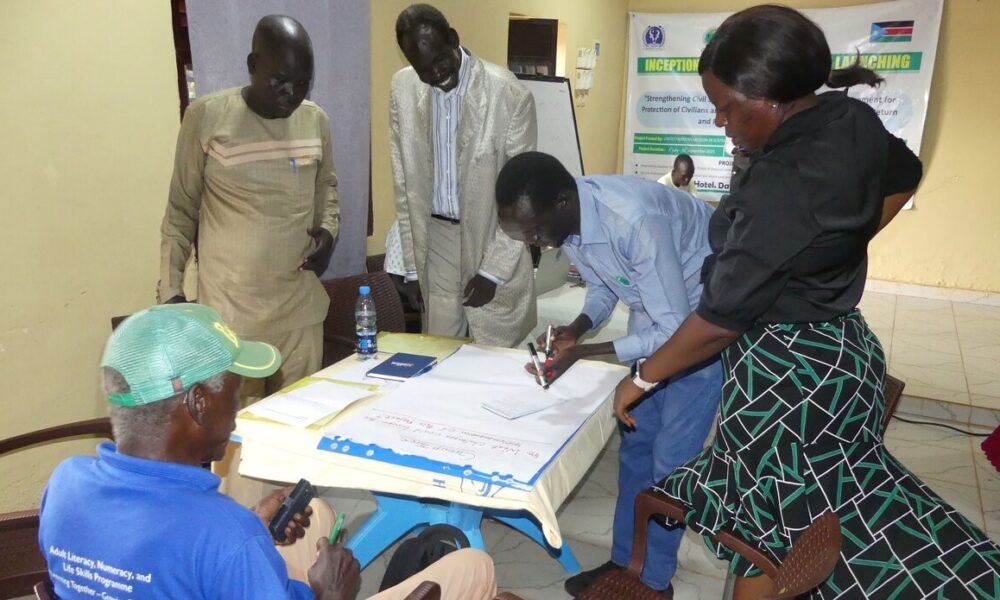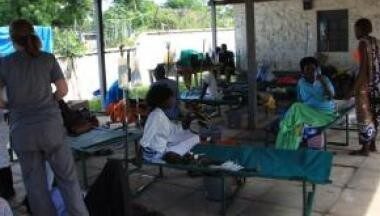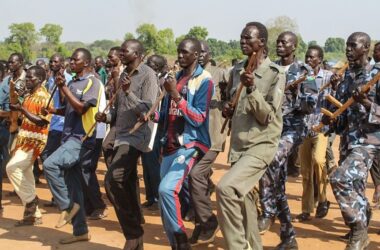By Alan Clement
The United Nations Mission in South Sudan (UNMISS) has launched a new project to foster reconciliation and rebuild trust in Tonj North County, Warrap State.
The mission aims to intensify efforts to foster reconciliation and rebuild trust through community-driven strategies to address the aftermath of intercommunal violence, focusing on locally led initiatives to promote dialogue, unity and long-term stability.
Launched under the banner “From Ashes to Action,” the initiative seeks to end divisions through cultural dialogues, inclusive forums and awareness campaigns.
This follows lengthy periods of deadly clashes that have resulted in massive displacement, social disintegration and revenge attacks in and around Warrap state.
UNMISS said the emphasis is on empowering community members to lead the healing process in the affected communities.
“The aim is to help strengthen protection of civilians, enhance accountability mechanisms for past atrocities, and create a safe and open civic space where communities can actively engage and participate in governance, policy and decision-making processes,” says the UNMISS Head of the Warrap Field Office, Anastasie Mukangarambe.
He added, “Peace begins when communities take ownership of their future. Our role is to support not replace that process.”
The project launch drew together local chiefs, youth, and women leaders who are engaging in honest conversations about past grievances and future collaboration. Among the voices most powerfully heard is Awut Mabior, a mother and community leader whose message pierced the atmosphere with emotional clarity.
“We are not just numbers. We are the ones losing our homes, being raped, watching our children suffer,” she said. “It’s women and children who carry the worst pain in this conflict. That’s why we’re begging the government and peace partners to come and see our plight, listen to us, and help us,” Awut said.
The project not only focuses on protecting civilians from violence and supporting returnees especially those arriving with little or nothing but also emphasizes psychosocial support, access to essential services, and community healing.
“We’re working to protect civilians from violence and to help returnees get back on their feet, especially those who’ve come home with nothing. We also want to open the civic space; so that citizens, especially community organizations, can be part of the decisions that affect their lives,” said Gabriel Pap, from the Community Initiative Development Agency during the launch.
People living with disabilities welcomed the project with the hope for lasting peace. “When the fighting starts, we can’t run. We have no way to escape,” says advocate William Deng Nhial who said his community feels abandoned during conflicts. He added, “One of our members was shot in his shelter without warning.”
Authorities also spoke out during the project launch. “We know who is suffering,” said Benson Bol Yak representing state authorities. “It’s the elderly, the women, the children, people who have nothing to do with the fighting. Why should their homes be burned? Why should they be killed?”



